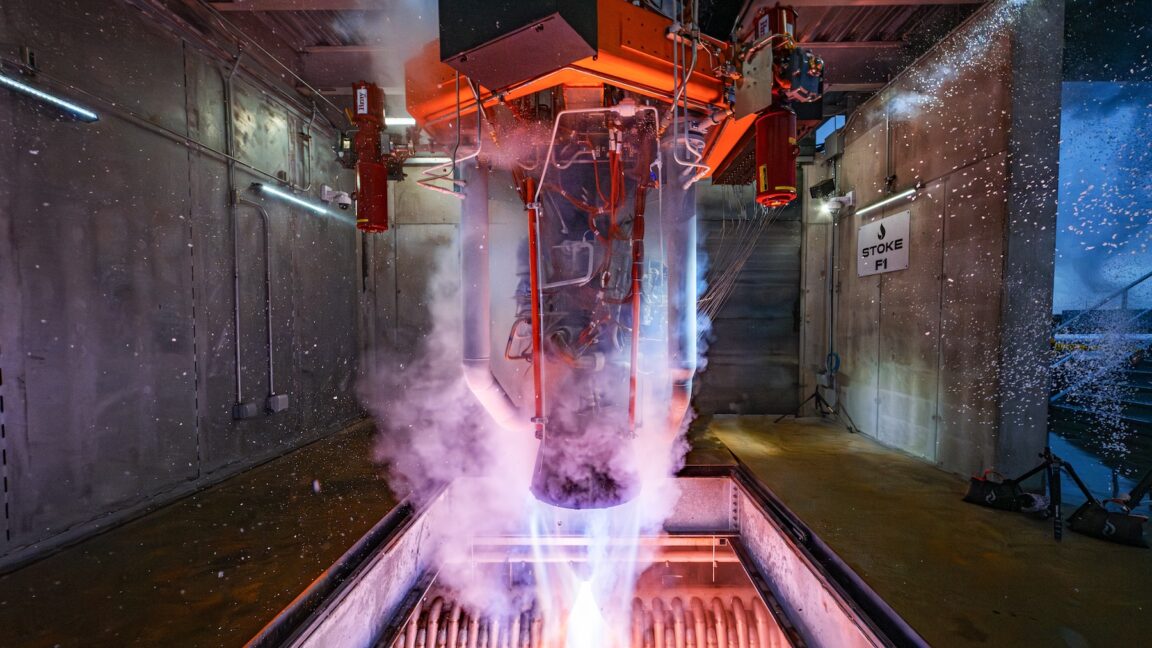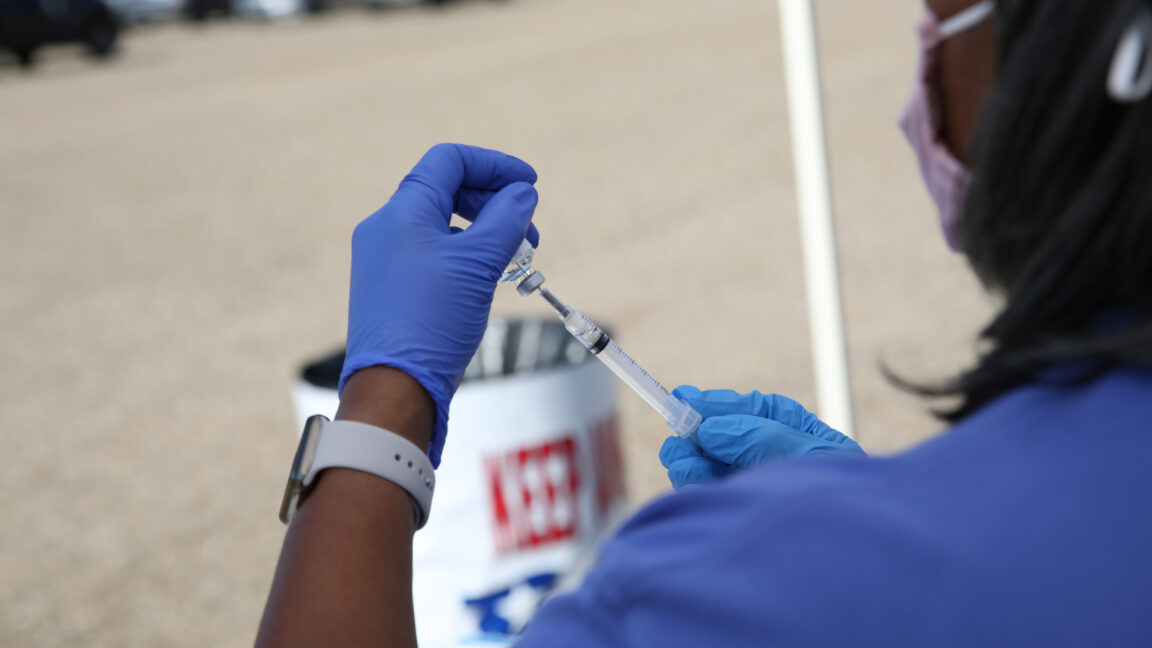Microplastics May Increase Preterm Birth Risk, Scientists Warn

Micro- and nanoplastic particles accumulate to higher concentrations in the placentae of infants born prematurely than those born at term.
This is the conclusion of a team of U.S. researchers who analyzed the plastic content of 175 placentae following either preterm or term birth.
"This hints at the possibility that the accumulation of plastics could be contributing to the risk and occurrence of preterm birth," said Kjersti Aagaard, maternal–fetal specialist professor at Boston Children's Hospital, in a statement.
Microplastic (smaller than 5 millimeters in size) and nanoplastic (under 0.001 millimeters) pollution have become ubiquitous in the environment and can get into the very food we eat. Scientists are concerned about their impact on human health.
Aagaard added: "This study adds to the growing body of evidence, ranging from heart disease to potentially stroke, that demonstrates a real risk from exposure to plastics on human health and disease."











